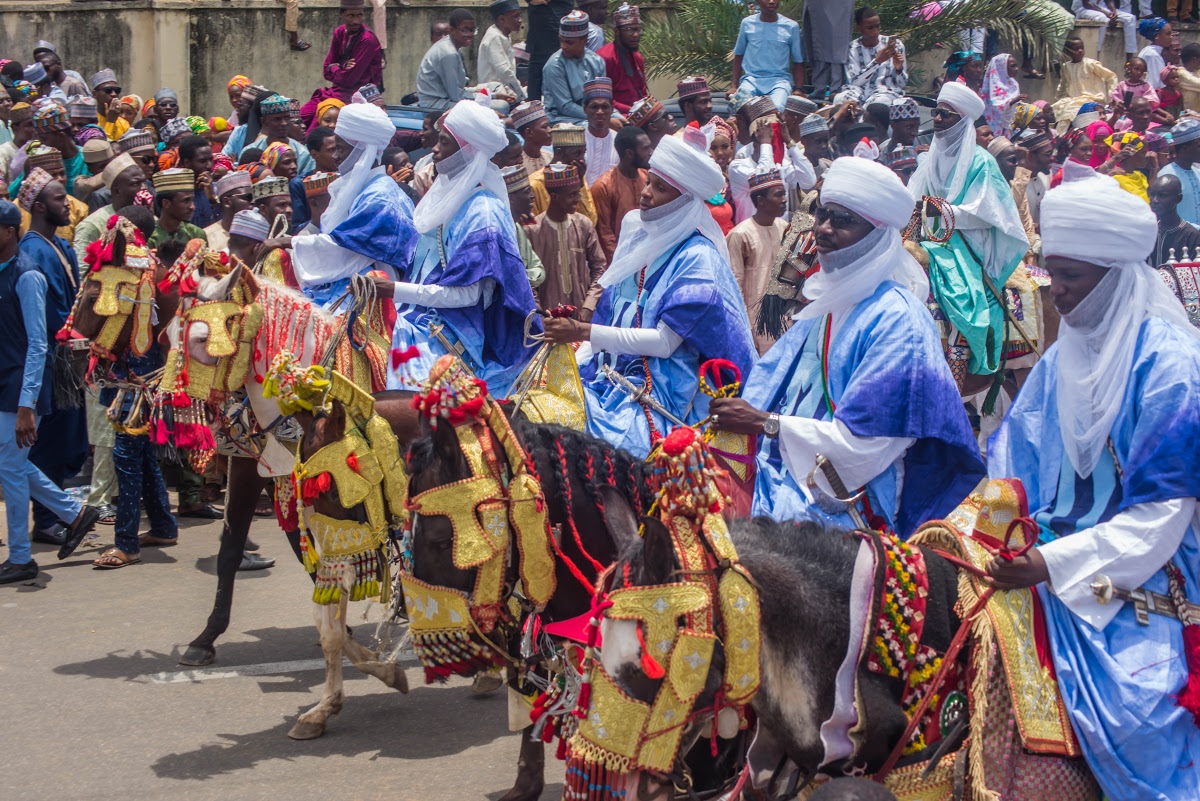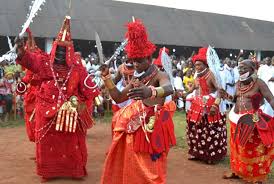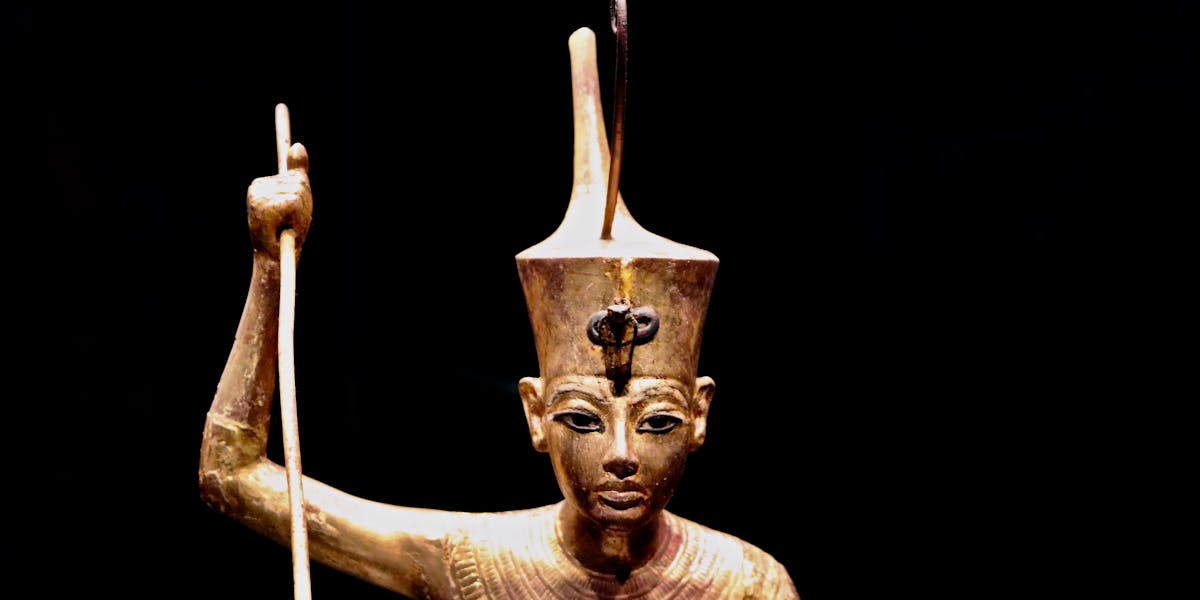
How the Durbar Festival Unites Northern Nigerian Culture
The Durbar Festival is one of Nigeria’s most iconic cultural events, celebrated across Northern Nigeria to mark important religious and historical occasions. Known for its stunning horse parades, traditional regalia, and community spirit, the Durbar Festival is a vivid expression of Northern Nigerian culture. Here’s how this grand festival unites the diverse people of the region.
The History of the Durbar Festival
The Durbar has its origins in the military parades of the Hausa-Fulani states, where cavalrymen showcased their skills in preparation for battle. Over time, it evolved into a cultural celebration tied to Islamic festivals like Eid al-Fitr and Eid al-Adha, blending religion and tradition.
The Grand Cavalry Display
The highlight of the Durbar Festival is the stunning display of horsemen in elaborate attire. Riders, representing various emirates, perform synchronized maneuvers and charge in unison to salute the Emir, showcasing their loyalty and skill. The vibrant costumes and intricate decorations of the horses are a visual spectacle.
Music, Dance, and Traditions
The festival is accompanied by traditional drumming, singing, and dancing, reflecting the rich musical heritage of Northern Nigeria. From the royal trumpeters to local performers, the Durbar showcases the region’s artistic diversity.
Fostering Unity and Pride
The Durbar Festival brings together people from different ethnic and social backgrounds, fostering a sense of unity and pride in Northern Nigerian heritage. It’s a time for communities to celebrate their shared history and strengthen bonds.
A Global Attraction
With its grandeur and cultural significance, the Durbar Festival has become a major tourist attraction. Visitors from around the world flock to cities like Kano, Zaria, and Katsina to witness this spectacular event and experience the warmth of Northern Nigerian hospitality.
The Durbar Festival is more than just a celebration—it’s a unifying force that highlights the beauty, strength, and resilience of Northern Nigerian culture. Attending this festival is a journey into the heart of Nigeria’s heritage.




I do love the way you have presented this specific situation plus it does supply me personally a lot of fodder for consideration. However, because of what I have observed, I simply just wish when the actual remarks stack on that folks keep on issue and don’t get started on a tirade of some other news of the day. All the same, thank you for this superb point and though I do not really concur with it in totality, I respect the point of view.